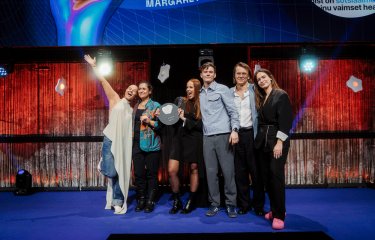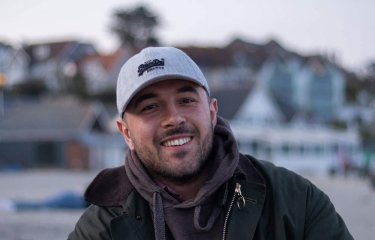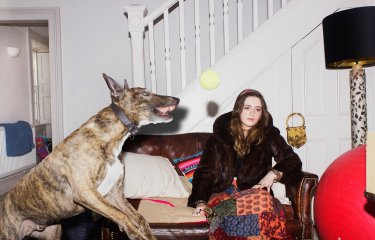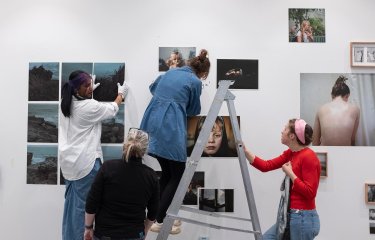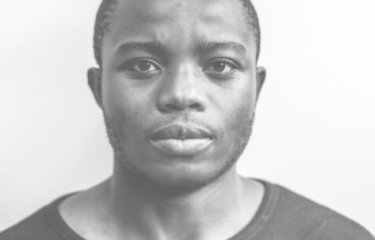Award-winning graduate secures Dreamtime Fellowship at Spike Island
12 December 2024
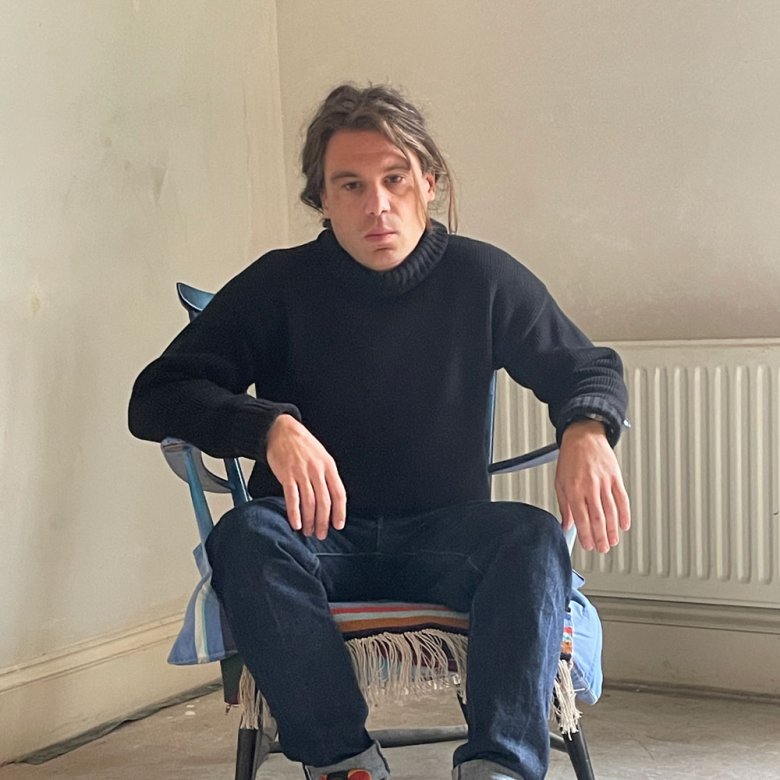
Communication Design MA graduate Alexis Over-Papatzaneteas has built on his hugely successful D&AD Pencil-winning project by securing a Dreamtime Fellowship at Spike Island, an international arts centre in Bristol.
The fellowship will give Alexis a year of studio space, access to the Spike Island Associates network, a £5,000 bursary, and one-to-one sessions with acclaimed interdisciplinary artist Luke Jerram.
Earlier this year, Alexis won a wooden D&AD Pencil at the annual awards with his project Silent Sea. Based on a poem by Rachel Boast, the project aimed to educate and raise awareness of oil spills at sea.
We caught up with him at the start of his fellowship to learn about his plans for the year ahead and to reflect on his experience of the course at Falmouth.
Congratulations on the fellowship! What are your plans for your year in the studio space?
Thank you! I would like to thank Luke Jerram and Spike Island for the opportunity and support. My plan for the Dreamtime Fellowship is to expand on my recent work 50°24’30.9”N 5°07’47.2”W and develop a series of interactive sculptural forms that mirror sewage discharge data for locations around the UK. The aim of the project is to challenge the way we experience and perceive data, presenting it as a series of experiential forms that connect people to their environment.
You just completed your master’s in Communication Design. Can you tell us about it?
I really enjoyed the MA and had a great time studying in Falmouth. The course is fast-paced and dynamic, offering a variety of design challenges that you are given the freedom to resolve in a way that develops a range of skills. Lecturers Bryan and Lizzie were amazing; very supportive and encouraging of students to approach each module uniquely and creatively. The support from technical staff throughout the course and access to facilities, resources, and workshops was great, too. This enhanced the experience, giving students the opportunity to prototype, experiment with different materials, and develop a variety of making skills.
When did you know you had a passion for art?
I grew up in a creative environment. My mother is a designer/silversmith, and my father is an artist/illustrator. They encouraged me to be creative and took me to exhibitions, events, and concerts from a young age. The artist who really inspired me is Jean Tinguely—I remember seeing his work for the first time and being fascinated by his automated kinetic sculptures.
What does your average week look like? What's your ideal routine when you're deep into a project?
I spend a lot of time prototyping in the studio. Typically, I experiment with materials, collate data, and write code to programme movement, light, and colour changes in my work. I work across a broad range of disciplines, splitting my time between making, developing, designing electronics, researching, and experimenting.
External links
Instagram: @papatz.studio
Website: https://www.papatz.com/

